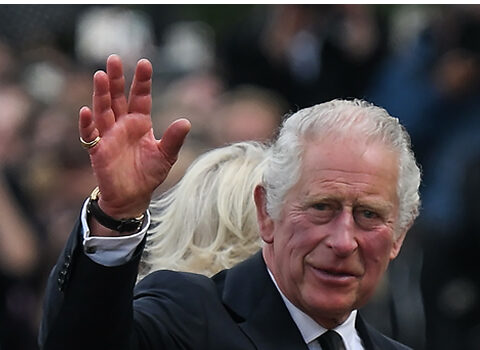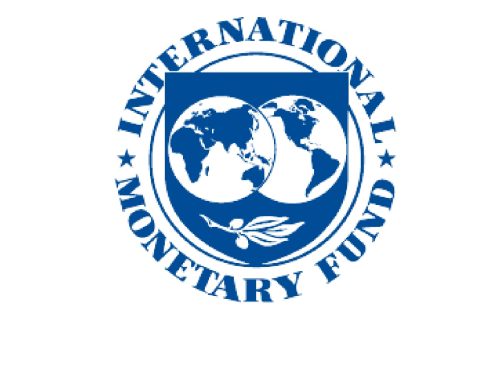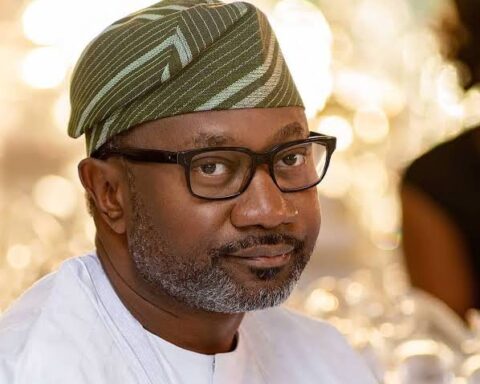President Bola Tinubu has appointed Muhammad Babangida, son of former military president Ibrahim Babangida, as Chairman of the Bank of Agriculture (BOA), in a sweeping reshuffle of leadership across several federal agencies.
This was part of the key appointments approved by the president, as announced on Friday. Apart from agriculture, appointments were also made into other key institutions, including education, trade, energy, and peacebuilding.
Join our WhatsApp ChannelIt marks another phase in Tinubu’s effort to revamp critical agencies under his administration’s Renewed Hope Agenda.
Babangida, 53, hails from Niger State and holds degrees in Business Administration and Public Relations from the European University in Montreux, Switzerland. He also completed an executive programme in corporate governance at Harvard Business School. Despite his limited public sector record, the Presidency highlighted his governance training and international exposure as part of his qualifications to oversee the repositioning of Nigeria’s premier agricultural finance institution.
The appointment has sparked mild controversy, with critics questioning the rationale behind selecting the son of a former head of state over other technocrats with operational experience in agricultural financing. Ayo Sotinrin, who has been serving as the bank’s Managing Director and is widely credited with leading recent agribusiness initiatives, was among those expected to be elevated to the chairmanship.
READ ALSO: There Was A Cabal In Buhari’s Govt, Ex-CoS Gambari Admits
In addition to Babangida, the President approved the following appointments:
Lydia Kalat Musa (Kaduna State) – Chairperson, Oil and Gas Free Zones Authority (OGFZA)
Jamilu Wada Aliyu (Kano State) – Chairman, National Educational Research and Development Council (NERDC)
Yahuza Ado Inuwa (Kano State) – Chairman, Standards Organisation of Nigeria (SON)
Sanusi Musa, SAN (Kano State) – Chairman, Institute for Peace and Conflict Resolution (IPCR)
Prof. Al-Mustapha Alhaji Aliyu (Sokoto State) – Director-General, Directorate of Technical Cooperation in Africa (DTCA)
Tomi Somefun (Oyo State) – Managing Director, National Hydro-Electric Power Areas Development Commission (N-HYPPADEC)
Sanusi Garba Rikiji (Zamfara State) – Director-General, Nigerian Office for Trade Negotiations (NOTN)
Abdulmumini Mohammed Aminu-Zaria (Kaduna State) – Executive Director, Integrated Water Resources Management Commission (NIWRMC).
READ ALSO: Tinubu Renames University of Maiduguri After Buhari
Legal luminary Sanusi Musa, a Senior Advocate of Nigeria (SAN), is expected to bring his conflict resolution expertise to bear at the IPCR, while Tomi Somefun, with a background in banking and infrastructure finance, is seen as a strategic fit for N-HYPPADEC, which addresses the challenges faced by communities around Nigeria’s hydroelectric power zones.
Professor Al-Mustapha Aliyu’s appointment to the DTCA aligns with Nigeria’s ongoing push to deepen continental collaboration through technical diplomacy, while Rikiji’s leadership at the trade negotiations office is expected to bolster Nigeria’s representation in bilateral and multilateral trade frameworks.
While some appointments, like Babangida’s, have attracted scrutiny, others have been received with cautious optimism. Stakeholders are watching to see whether the new appointees can deliver meaningful reforms and inject credibility into institutions often seen as underperforming.
This latest round of appointments follows a string of leadership changes under Tinubu’s presidency, amid growing calls for improved governance, inclusivity, and merit-based selection in public office.
Amanze Chinonye is a Staff Correspondent at Prime Business Africa, a rising star in the literary world, weaving captivating stories that transport readers to the vibrant landscapes of Nigeria and the rest of Africa. With a unique voice that blends with the newspaper's tradition and style, Chinonye's writing is a masterful exploration of the human condition, delving into themes of identity, culture, and social justice. Through her words, Chinonye paints vivid portraits of everyday African life, from the bustling markets of Nigeria's Lagos to the quiet villages of South Africa's countryside . With a keen eye for detail and a deep understanding of the complexities of Nigerian society, Chinonye's writing is both a testament to the country's rich cultural heritage and a powerful call to action for a brighter future. As a writer, Chinonye is a true storyteller, using her dexterity to educate, inspire, and uplift readers around the world.










